In celebration of African Women’s Month, Nofi and Trace invite you to delve into the fascinating stories of the unsung heroines of Afro-descendant history. From Africa to the Americas, discover the women who, through their courage, resistance, and determination, defied oppression and left an indelible mark on the history of our peoples.
Afro-descendant women’s resistance in Africa
Within the folds of history, often written by and for the victors, lie forgotten stories—those of African and Afro-descendant women who, through their bravery and determination, changed the course of collective destiny. These heroines, rebels against injustice, embody a living memory and a universal source of inspiration. Nofi revisits their struggles, from precolonial Africa to the Americas and the Caribbean, unveiling hidden stories that still resonate today.
I. Women’s resistance in Africa, cradle of revolt
Nzinga Mbandi: strategist and diplomat of Ndongo and Matamba
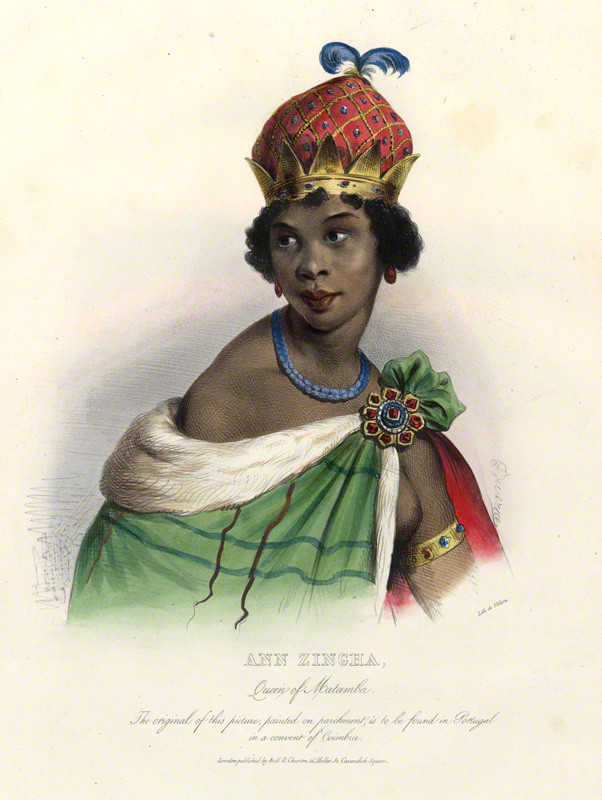
Nzinga Mbandi (1583–1663), Queen of Ndongo and Matamba (modern-day Angola), was much more than a sovereign. At a time when the Portuguese sought to dominate Africa to fuel the transatlantic slave trade, Nzinga combined diplomacy and warfare. During 1624 negotiations with the Portuguese, she shocked the assembly by using one of her servants as a stool rather than sitting on the ground. This act, beyond its symbolism, illustrates the psychological strategies she employed to assert her authority.
Nzinga formed an alliance with the Dutch against the Portuguese and introduced bold military reforms, incorporating women into her army. Rooted in Mbundu culture, she became a symbol of resistance against imperialism.
Yaa Asantewaa: the flame of the war of the Golden Stool
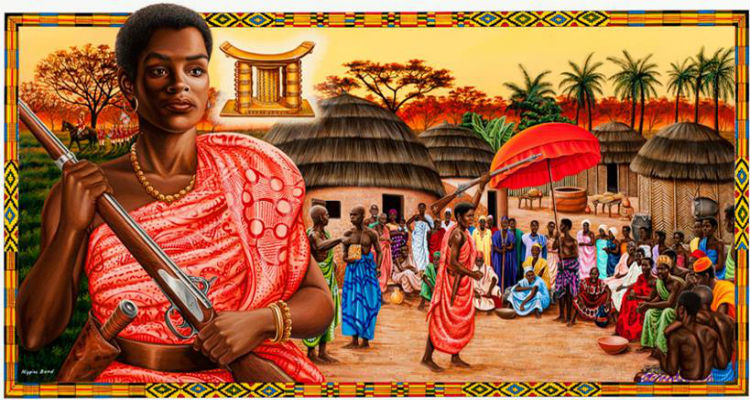
In 1900, at the heart of the Ashanti Empire (modern-day Ghana), Yaa Asantewaa, queen mother of the Ejisu region, rallied her people against the British seizure of the Golden Stool. During a council meeting, she challenged hesitant male leaders:
“IF YOU MEN WILL NOT FIGHT, WE WOMEN WILL.”
Though the war was ultimately lost, it remains a symbol of anti-colonial resistance. Her legacy has made her a central figure in Ghanaian and African history.
The Dahomey amazons: elite female army
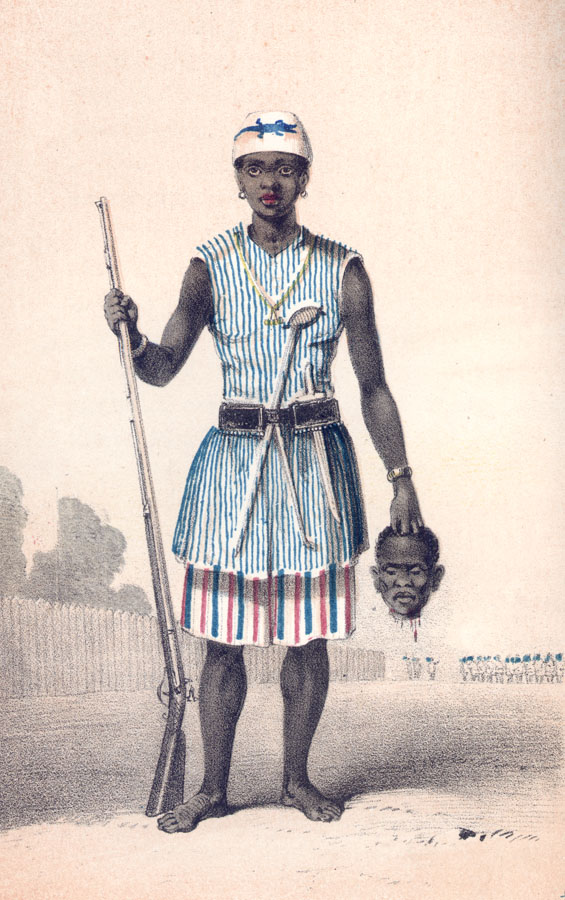
Far from myths, the Dahomey Amazons were a historical reality. Formed under King Houégbadja in the 17th century, this female army challenged French colonial forces. Their rigorous training and unwavering discipline made them a formidable force. Their influence extends beyond the battlefield, inspiring cultural representations like the film The Woman King.
II. The diaspora in rebellion: marronage and female uprisings
Nanny of the Maroons: Jamaica’s liberator

Nanny, an iconic figure of the Maroons in Jamaica, embodies the fight for hard-won freedom. In the 18th century, she used guerrilla tactics to protect her community from British attacks. Gifted with spiritual powers attributed to obeah (an Afro-Caribbean religious practice), she is celebrated as a national heroine in Jamaica.
Sanité Bélair: fighter of the Haitian Revolution
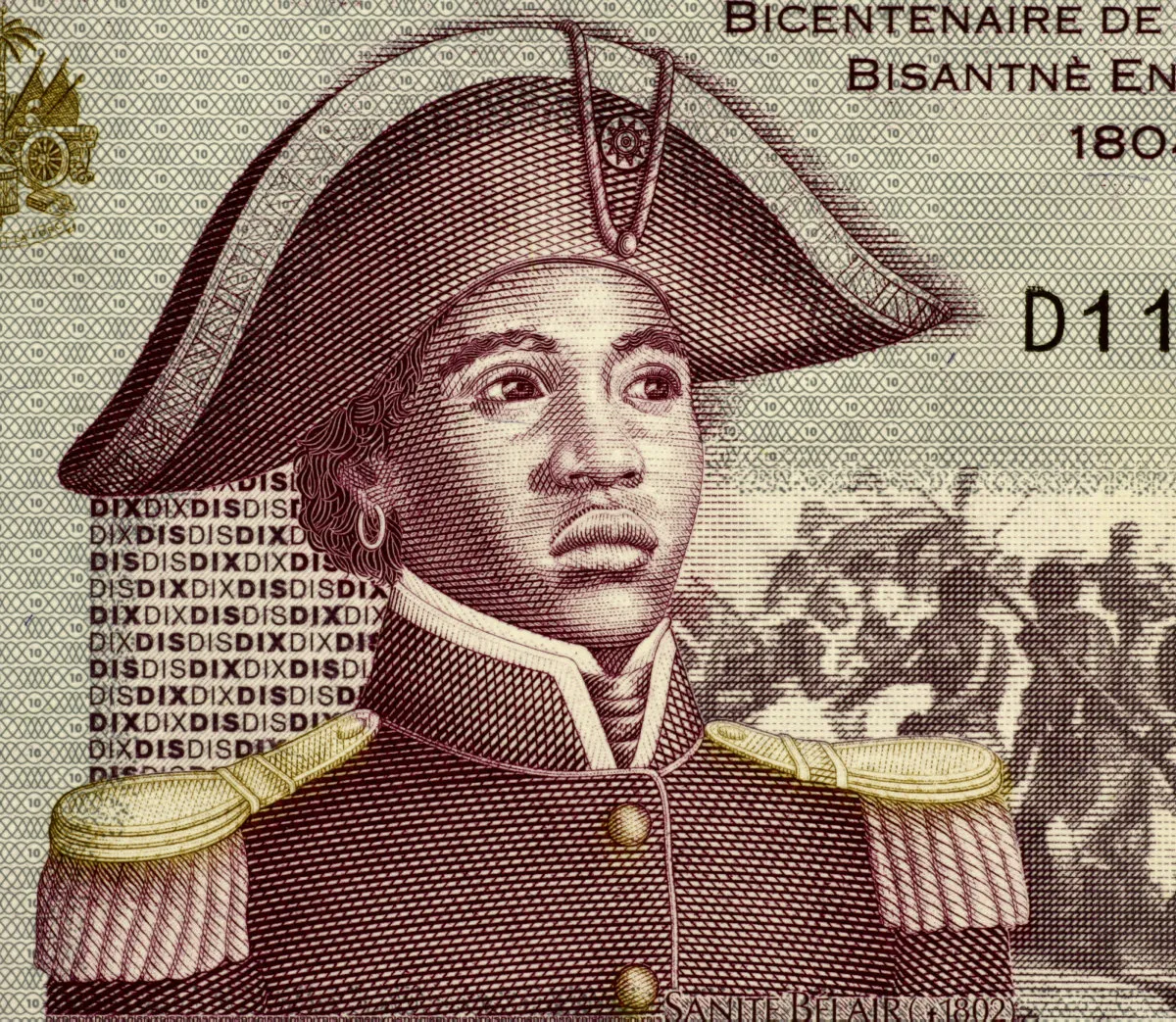
As a lieutenant under Jean-Jacques Dessalines, Sanité Bélair participated in critical campaigns against Napoleonic forces. Captured alongside her husband, she refused execution by guillotine, choosing instead to face a firing squad. Her bravery made her a martyr of Haitian independence.
Harriet Tubman: the Moses of her people
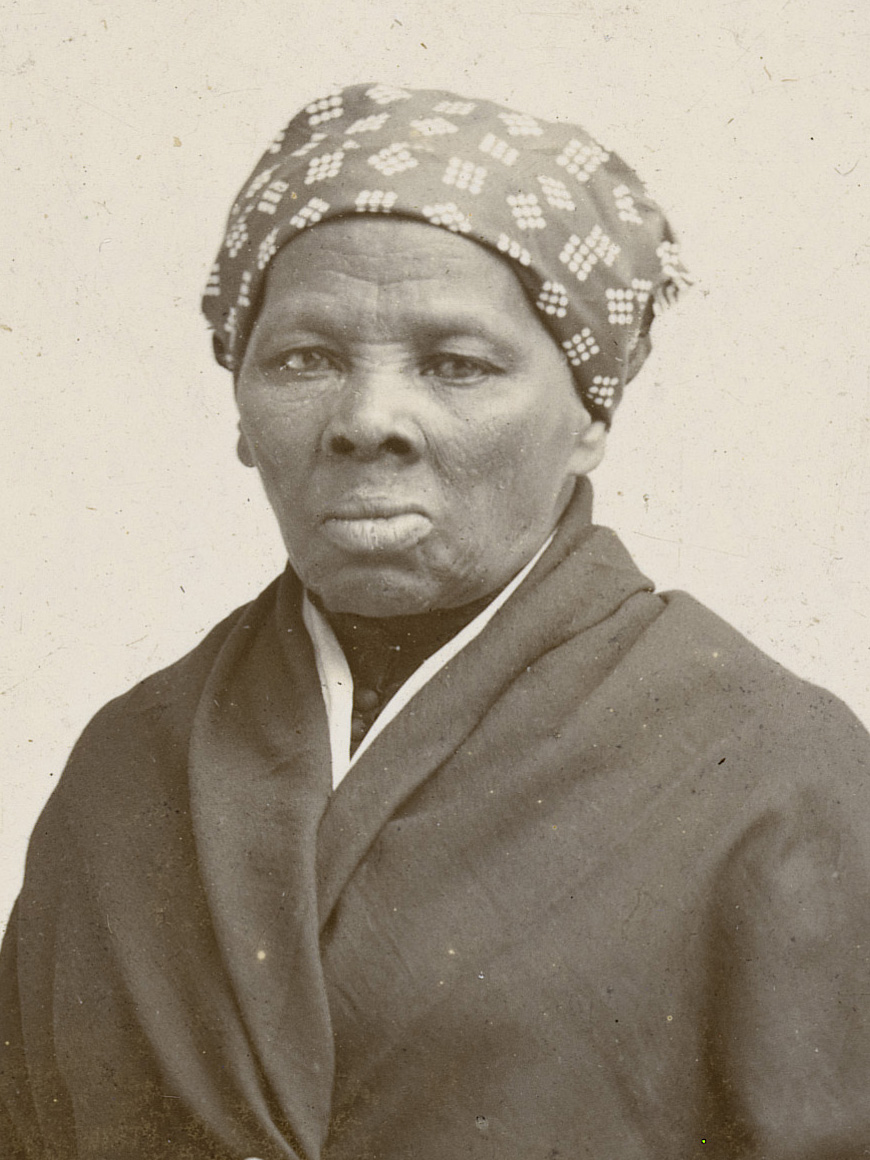
Harriet Tubman was not only an abolitionist but also a military strategist. After escaping slavery, she returned to the South multiple times to free hundreds via the Underground Railroad. During the Civil War, she became the first woman to lead an armed expedition, freeing over 700 enslaved people.
III. Collective female revolts: Africa and the diaspora in unison
The Aba women’s market rebellion (Nigeria, 1929)
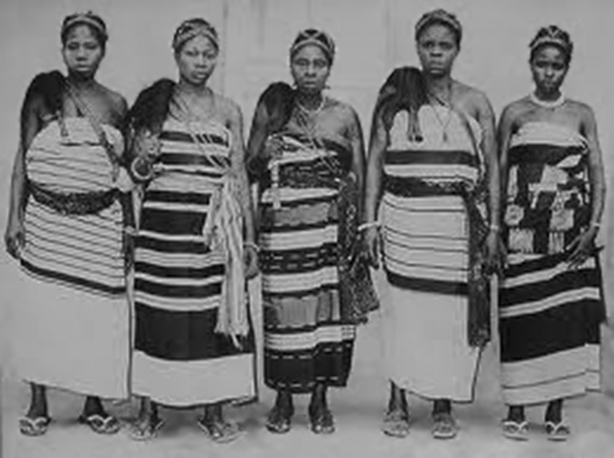
Known as the “Women’s War,” this uprising mobilized thousands of Igbo market women against oppressive colonial taxation. Organized protests used song and dance as tools of resistance. This event marked a turning point in Nigeria’s independence struggles.
Maroon women in the Americas
In Suriname and Guyana, maroon women played a crucial role in slave revolts. In Paramaribo, female groups established clandestine resistance networks, blending espionage and sabotage.
IV. African Women in post-independence reconstruction
Ellen Johnson Sirleaf: resilience in Liberia
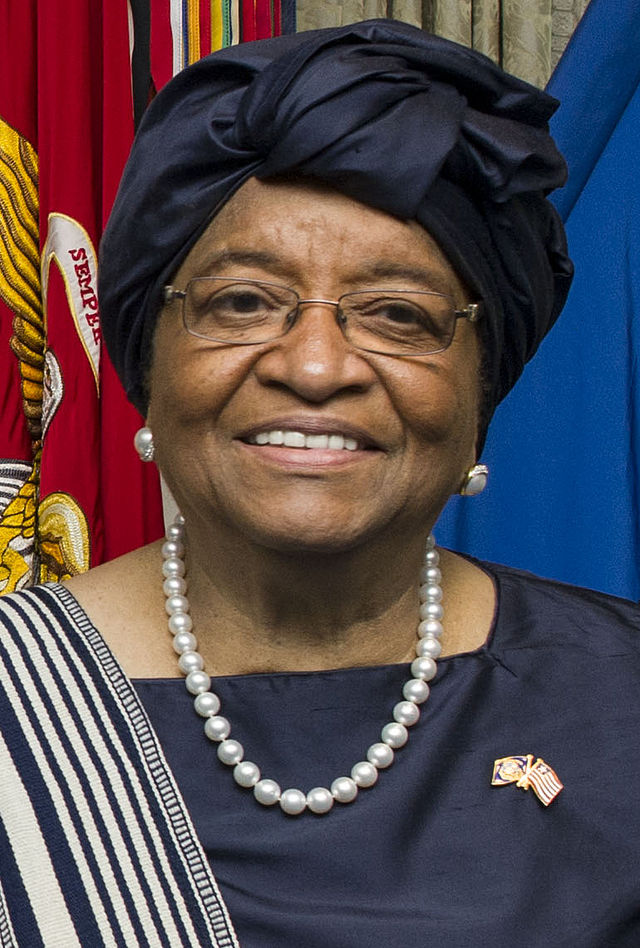
As the first woman elected president in Africa, Sirleaf transformed Liberia after years of civil war. A Nobel Peace Prize laureate, she symbolizes women’s ability to rebuild nations.
Graça Machel: advocate for education
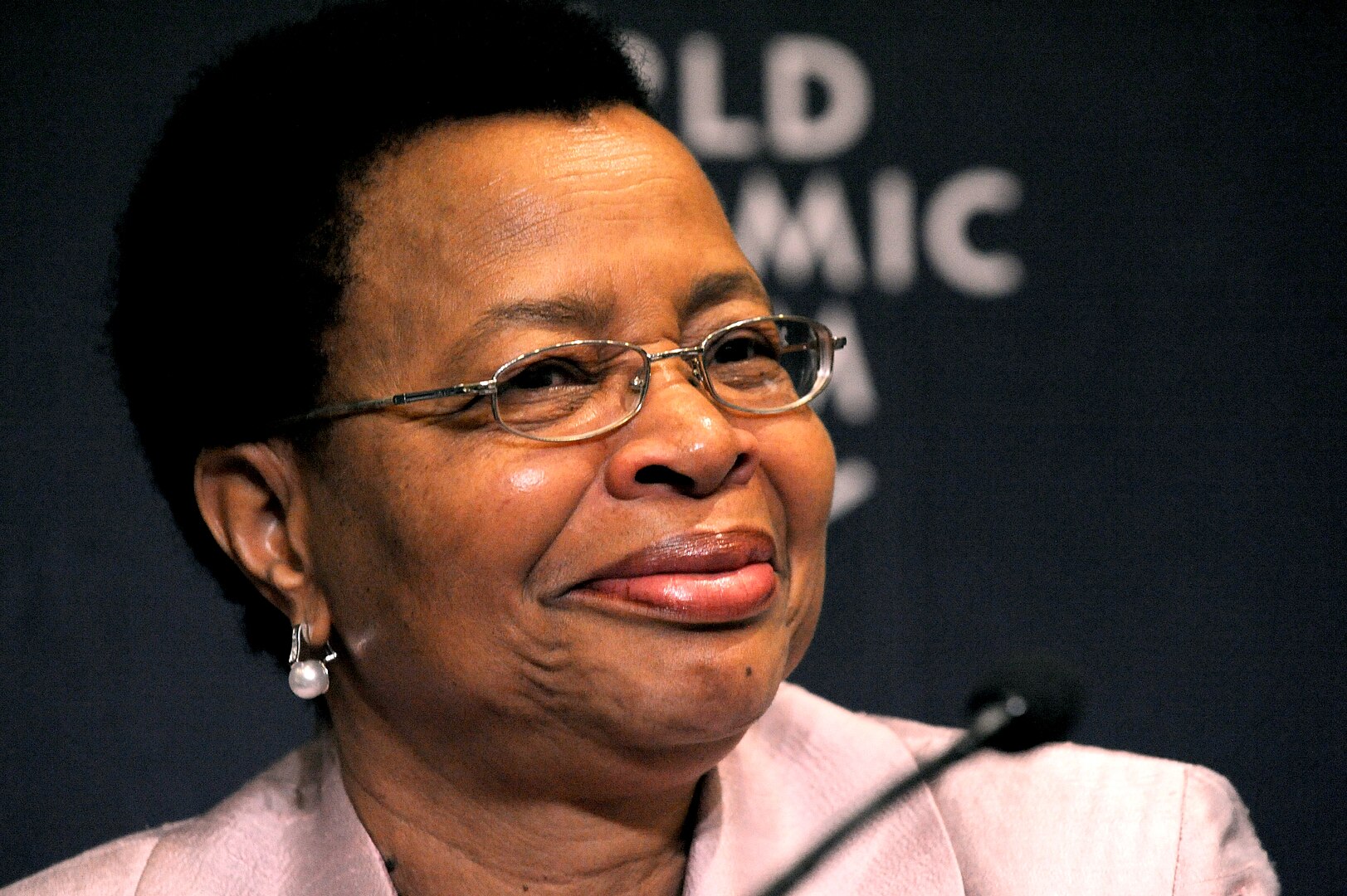
A former first lady of Mozambique and South Africa, Graça Machel has dedicated her life to empowering women and children, proving that the legacy of resistance also lies in education.
V. Innovators and entrepreneurs: fighting through creativity
Fatoumata Ba: Tech pioneer

Founder of Jumia, Fatoumata Ba is redefining Africa’s economic landscape. By combining innovation and inclusion, she demonstrates that the female revolution also unfolds through digital transformation.
The rise of cultural creators
Designers like Anifa Mvuemba reinvent traditional textiles by blending them with modern technologies, celebrating African heritage through contemporary aesthetics.
Toward global recognition
These extraordinary stories are often absent from textbooks and collective memory. Yet, they remind us that Afro-descendant history is shaped by women of exceptional resilience and audacity. Their legacy is not only a reminder of past struggles but also an inspiration for current and future battles. By honoring these heroines, we affirm a simple but powerful truth: their history is ours, too.
Sommaire
Références
- Johnson-Odim, Cheryl; Mba, Nina Emma. For Women and the Nation: Funmilayo Ransome-Kuti of Nigeria. University of Illinois Press, 1997.
- Mayer, Adam. Naija Marxisms: Revolutionary Thought in Nigeria. Pluto Press, 2016.
- Sheldon, Kathleen. Historical Dictionary of Women in Sub-Saharan Africa. Rowman & Littlefield, 2016.
- Alpers, Edward A. The Indian Ocean in World History. Oxford University Press, 2014.
- Kentake, Meserette. Kentake Page: Ten Iconic Black Women of the Maafa (Atlantic Slavery), 2019.
- Cooper, Afua. The Hanging of Angelique: The Untold Story of Canadian Slavery and the Burning of Old Montreal. HarperCollins, 2006.
- Schwarz-Bart, André. La Mulâtresse Solitude. Éditions du Seuil, 1972.
- Bello, Bayyinah. The Haitian Revolution and Women’s Role. Ayiti Histories, 2004.
- Walker, Harriet. The Amazons of Dahomey: Women Warriors of Africa. Cambridge African Studies, 1998.
- Byfield, Judith A. Taxation, Women, and the Colonial State: Egba Women’s Revolt. Meridians, 2003.
